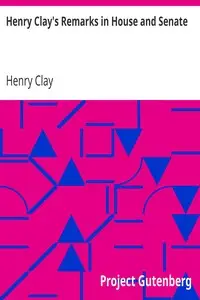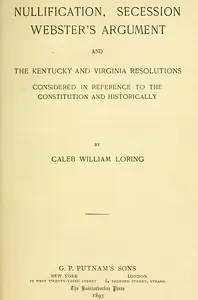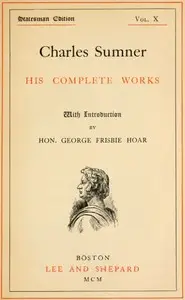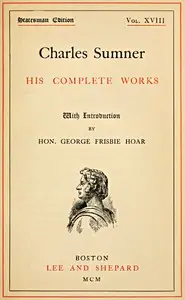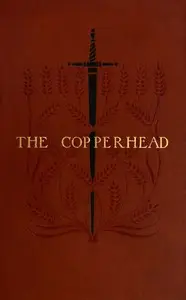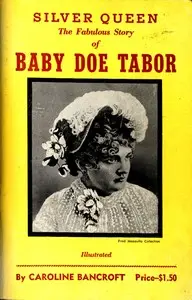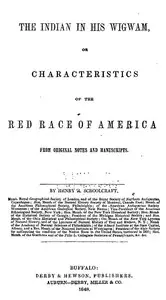"Remarks of Mr. Calhoun of South Carolina on the bill to prevent the…" by John C. Calhoun offers a glimpse into the political battles of the 19th century, showcasing Calhoun’s staunch support for states' rights against what he saw was federal government overreach, framed by the controversial idea of nullification related to economic disadvantages felt by Southern states. Through his compelling Senate speech, Calhoun challenges a bill intended to reinforce federal laws in South Carolina, which he argues is against the Constitution, further stating the state's power to invalidate federal laws considered unjust. Calhoun emphasizes a view of the nation as a union of states, prioritizing state power and making comparisons to the American Revolution to illustrate his defense of liberty against a powerful government. The historical account reveals core issues about federalism which would later influence American political debate leading up to the Civil War.
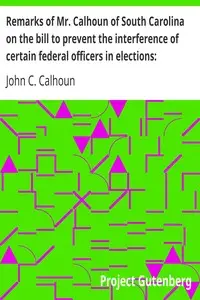
Remarks of Mr. Calhoun of South Carolina on the bill to prevent the interference of certain federal officers in elections: delivered in the Senate of the United States February 22, 1839
By John C. (John Caldwell) Calhoun
In a nation divided, a powerful senator passionately defends state sovereignty, igniting debates that would define America's future.
Summary
About the AuthorJohn Caldwell Calhoun was an American statesman and political theorist who served as the seventh vice president of the United States from 1825 to 1832. Born in South Carolina, he adamantly defended American slavery and sought to protect the interests of white Southerners. Calhoun began his political career as a nationalist, modernizer and proponent of a strong federal government and protective tariffs. In the late 1820s, his views changed radically, and he became a leading proponent of states' rights, limited government, nullification, and opposition to high tariffs. Calhoun saw Northern acceptance of those policies as a condition of the South's remaining in the Union. His beliefs heavily influenced the South's secession from the Union in 1860 and 1861. Calhoun was the first of two vice presidents to resign from the position, the second being Spiro Agnew, who resigned in 1973.
John Caldwell Calhoun was an American statesman and political theorist who served as the seventh vice president of the United States from 1825 to 1832. Born in South Carolina, he adamantly defended American slavery and sought to protect the interests of white Southerners. Calhoun began his political career as a nationalist, modernizer and proponent of a strong federal government and protective tariffs. In the late 1820s, his views changed radically, and he became a leading proponent of states' rights, limited government, nullification, and opposition to high tariffs. Calhoun saw Northern acceptance of those policies as a condition of the South's remaining in the Union. His beliefs heavily influenced the South's secession from the Union in 1860 and 1861. Calhoun was the first of two vice presidents to resign from the position, the second being Spiro Agnew, who resigned in 1973.

